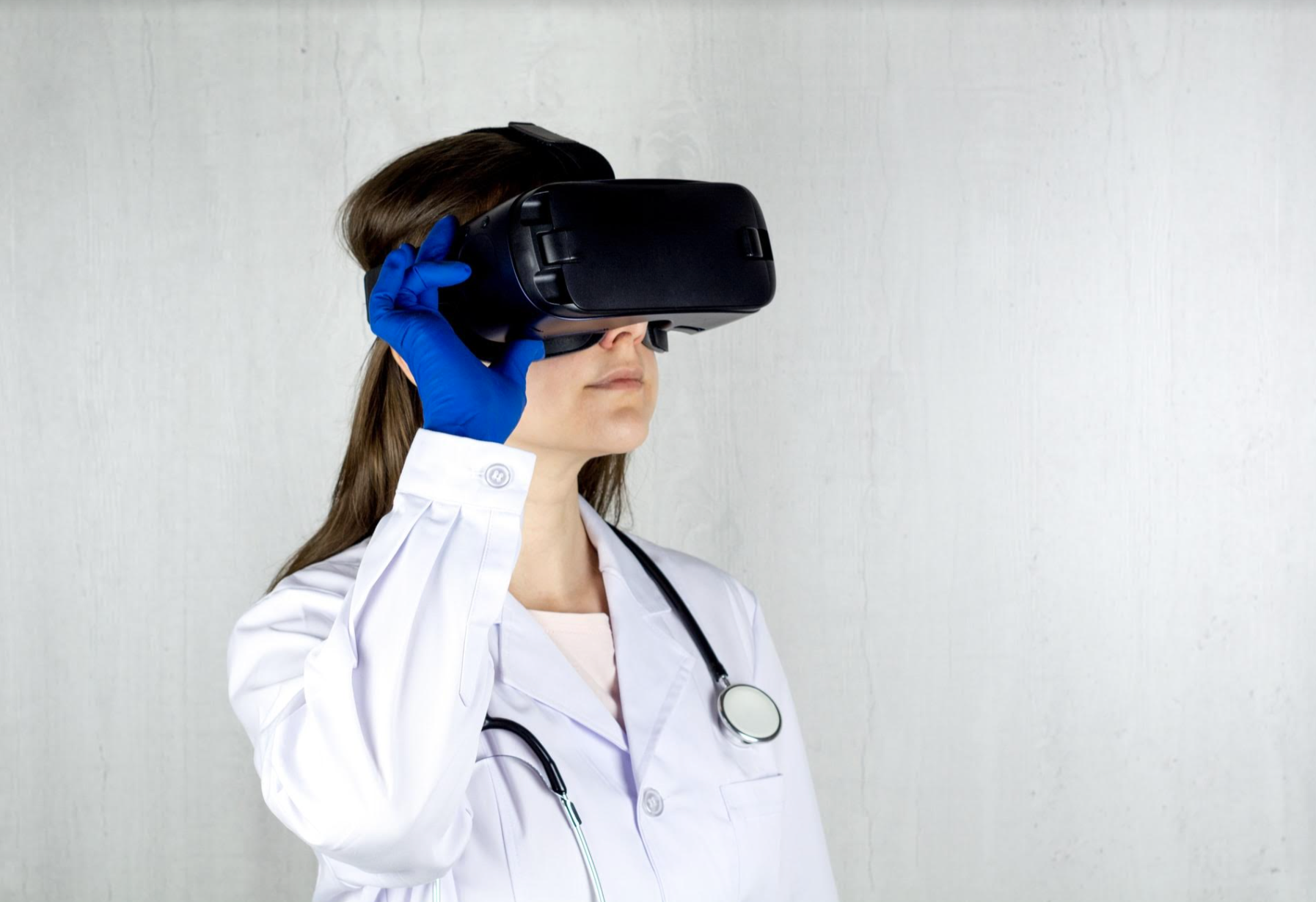We are living in very interesting times. On one hand, mankind is threatened by a new wave of health hazards. New viruses, skyrocketing rates of obesity, global warming, and the emergence of pathogens resistant to antibiotics are all going to present an increasing challenge to the world of medicine. Thankfully, on the other hand, we seem on the cusp of a revolution in healthcare that could usher in a new age of medical science and treatment. The transformation is happening right in front of our eyes, and it is being driven by rapid advances in technology. Here are 5 ways technology will change the world of healthcare.
Table of Contents
Genomics
Genomics is going to be at the very center of medical treatment in the next few years. A genome is a lifeform’s complete set of DNA, including all genes. Machines are in development that will be able to map your entire DNA cheaply and speedily. Instead of the various tests we now routinely receive – blood, urine, feces, and so forth, you’ll instead have a genetic test. It will reveal all manner of invaluable data; what diseases you are likely to be prone to and what treatments would work best for your unique physiology. Side effects of medication can be eliminated while diseases can be identified and dealt with before they become a problem. Genomics will make medicine truly individualized for the first time in history.
3D Printing
3D printing will bring radical changes that will be of enormous benefit to mankind. Using digital technology, three-dimensional objects can be created from materials, controlled by computers. It’s already having a big impact on many manufacturing industries, and it will work wonders for healthcare too. Custom prosthetics, personalized to individual requirements and created in situ at the hospital, will see the end of mass-supplied artificial limbs. Surgical training will be revolutionized by the use of 3D printed models where procedures can be practiced until perfected. The days of people taking various different pills for different conditions are nearing their end – 3D printed polypills will enable multiple drugs to be taken in one pill, all with varied release times. Finally, scientists have already managed to 3D print living skin, while it is early days, many believe that printing entire organs for use in transplants is no longer the stuff of science fiction.
Nanomedicine
Future medical treatments are going to get smaller – a lot smaller! Nanotechnology will enable healthcare to take place at the atomic and molecular level. Nanoparticles are minute; you could fit thousands of them on a pinhead. They can interact with cells directly. They will be used to seek out issues at the microscopic level – viruses, diseases, and cancer for example. Nano-engineered smart pills will then be used to transport drugs directly to specific cells in the body. Micro-scale robots, called nanobots, will enter the body to repair genetic issues and replace failing intracellular structures.
Stem Cell Treatments
Stem cells are exceptionally valuable, as they are not specialized, but can be developed into specialized cell types. They can be then used to replace damaged cells elsewhere in the body, allowing diseases to be cured. It is already being used in the treatment of leukemia, sickle cell anemia, MS, and cerebral palsy, but research is revealing many more uses. Over the next few years, stem cell therapies will become mainstream, with the treatment being used to repair failing eyes, failing hearts and by inserting stem cells into the brain, diseases such as Parkinson’s could potentially be halted and even reversed. Stem cells could even be used as material for 3D printers to grow new organs in the lab to end the need for donors and solve problems associated with tissue rejection.
Digital Healthcare
The future of healthcare is without a doubt digital. Healthcare systems themselves will be utterly changed with software. Data will be easily mined and can be shared rapidly, meaning an end to files being stored and physically moved from one department, or even one hospital to another. Healthcare organizations will be able to provide cheaper, faster, and supremely efficient services by integrating the latest technology using product strategy software. The cost savings alone could mean that previously unsustainable healthcare systems become sustainable, while waste will be minimized. Digital technology will also allow telehealth, where services are delivered remotely electronically, to be used for patient and clinician contact on a mass scale. Not only quicker and more convenient for patients, but it will take the strain off surgeries and hospitals all over the world. Technology will also be used to continually monitor patients remotely, alerting the appropriate medical professionals when problems arise.


